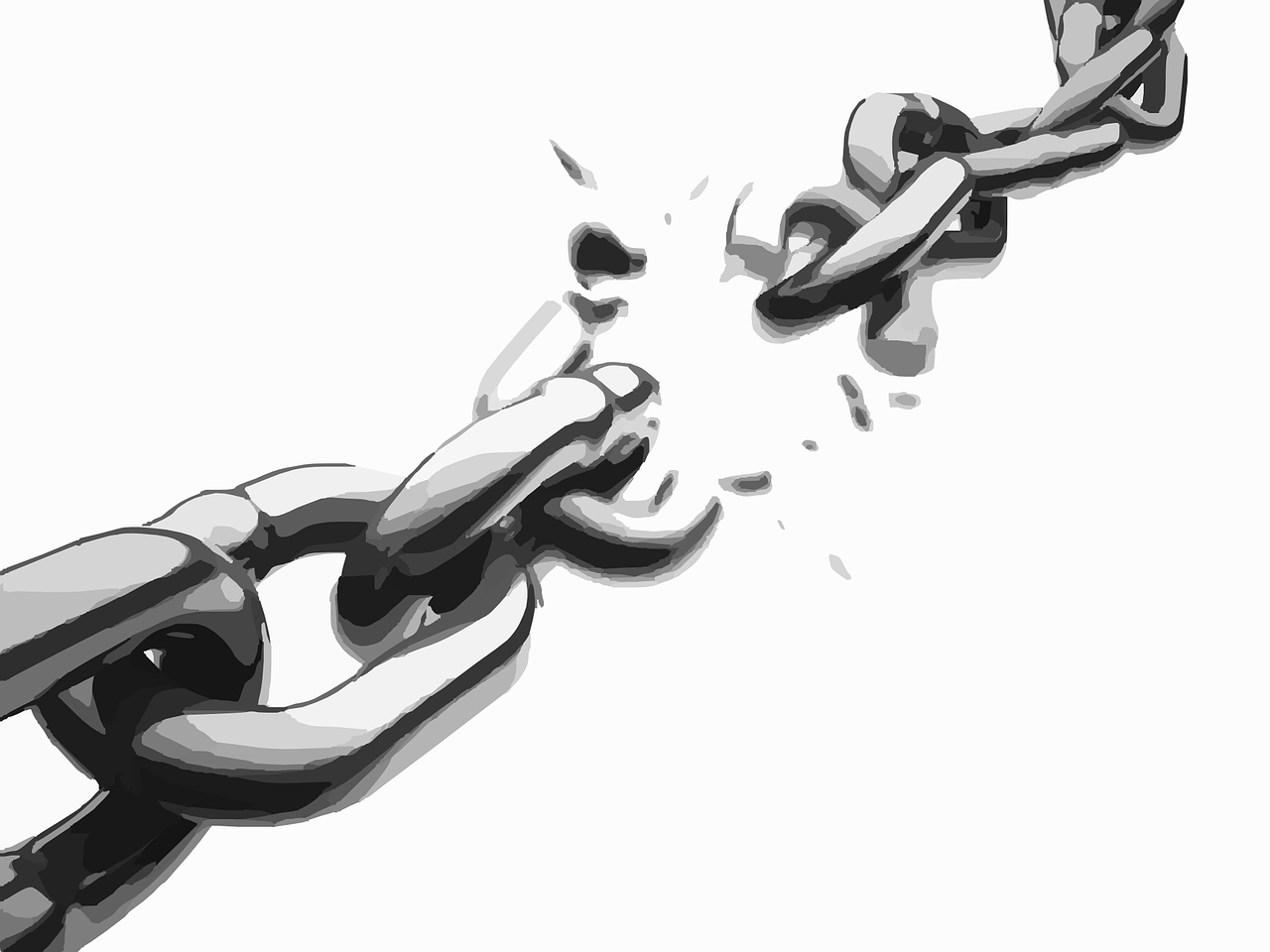por Shannon Dickie 4 anos atrás
418
ADDICTIONS
Excessive internet use among teenagers can lead to withdrawal from social interactions as they seek an escape from reality. This behavior, known as Internet Addiction Disorder (IAD)

por Shannon Dickie 4 anos atrás
418

Mais informações

The Personal SWOT Analysis will provide insights based on your personality strengths and weaknesses, challenges you see ahead, opportunities present around you now, as well as future favorable circumstances.

Finally, look at any threats to your career growth. This part accounts for the external factors that could hurt the chances of attaining your goals.
List out all the things that affect your work due to the external environment. See below a few examples and feel free to add your own:
1) Family problems
2) Issues in your marriage
3) Anxiety (mental health issues)
4) Childcare, etc.
Where do you see yourself in the next 5 years? Will there be a drastic change?
List out future changes that you will have to add or avoid if you own a business.
If you have a job, will advancement in technology cost you your job?
Performing this analysis will often provide key information – it can point out what needs to be done and put problems into perspective.
These are sample questions and sample answers, please feel free to add your own questions and answers.

Once you have listed out your SWOT - It's now time to evaluate and determine further steps that need to be taken in order to achieve your goals.
There are mainly two methods:
1) Matching
2) Turning negatives into positives
The other method is converting your weaknesses into strengths or threats into opportunities.
For example: growing a skill set through education, finding a creative way to feature a weakness as a strength, etc.
You can evaluate your results using the matching method, which means connecting two of the categories to determine a course of action.
Please see a few examples here.

This is the most important step of all: bringing the plan into action.
Start using your results to track your progress. Set up measurements and milestones and keep working toward them. Step by step, you will get where you want to be, so get started now!

For the opportunities section, look at the external factors you can take advantage of in pursuing a promotion, finding a new job or determining a direction for your career.
What will you gain from the opportunities that you might take advantage of?
List out all the things that will help you.
Here are some examples:
'Technology' is not equal to Information Technology. For example, if you are in the soap-making business and you bring machines that speed up the process, you have introduced new technology or a process.
Add some questions and answers related to your industry and niche.
Try to create your own questions and answers that relate to your industry.
If you plan on changing your job or investing in your own business:
Have you calculated the risk involved?
Add a few questions and answers of your own related to the industry that you work in.
Areas that are affected can be work, school, family and relationships Compulsive disorder
Life is taken over by their desire to be online, This affects many people all over the world as social media and societies become familiarized with more modern technologies.
People with this disorder find the virtual environment more attracting to them than the real world
Known as internet addiction disorder (IAD)

This part examines the areas which you need to improve and the things that will set you back in your career.
It is really important to be honest when you list out your weaknesses.
These are sample questions and sample answers, please feel free to add your own questions and answers.
Ask people around you about your weaknesses - such as the colleague sitting next to you, your sibling or your best friend.
shame, guilt, discomfort, reduced self-worth, intensive food restriction, compulsive exercise, and self-induced vomiting
Body language is nonverbal communication, such as facial expressions, body posture, gestures, eye movement, touch and the use of space.
List out those weaknesses here. Here are some questions to help you:
Do you have stage fright? Or do you become nervous and sweaty when you give a presentation in a room full of people staring at you?
That is something you should definitely work on!
List out such things that you need to improve.
obsessive food cravings, a preoccupation with obtaining and consuming food, binge eating, attempts to decrease food intake but tends to relapse, loss of control over quantity, negative impact on finances, family life and social interaction, eating for emotional release/avoid attention, and eating till the point discomfort and pain
Have you ever heard a mother yell at her kid 'Get off your phone or I will throw that phone away'?
Again, be honest and list out all those negative work habits that you have. Your parents/wife/husband/colleagues might help you correctly point them out if you are stuck!
high sugar, fat and starch content, for example, ships, fries, candy, chocolate, cookies, white bread, pasta, and ice cream

Begin by identifying your strengths. These are the traits or skills that set you apart from others.
List out all your strengths - if you get stuck, talk to people around you and ask for their input. Please be honest with yourself.